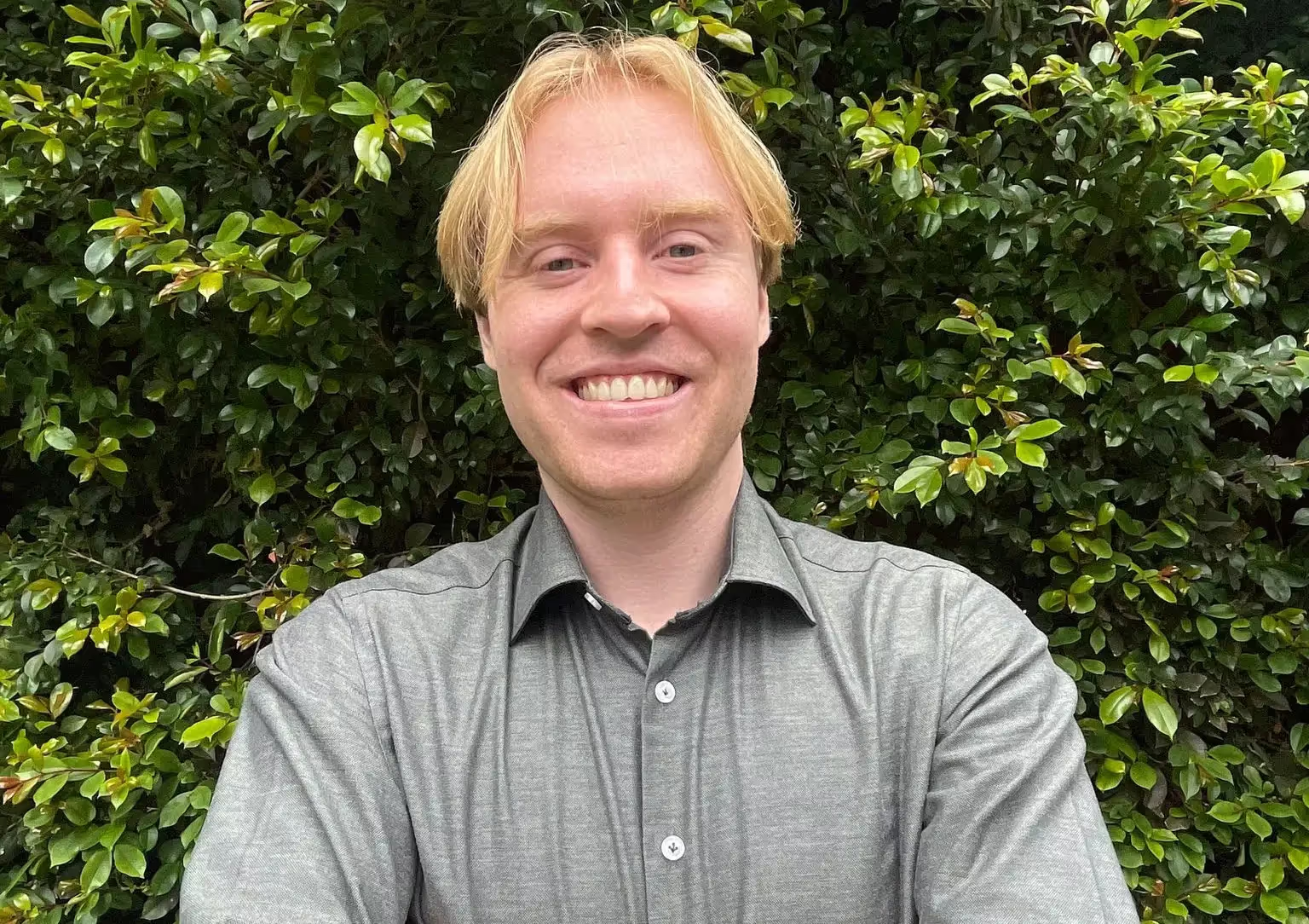University of Melbourne Masters of Genomics and Health graduate Ryan O’Keeffe is passionate about the future of personalised genomic medicine. He was aware of the important role Illumina plays in making sequencing affordable and accessible, and jumped at the chance to undertake a biotech internship with the company.
“As part of my master’s course I was already undertaking a very technical research project and internship, so I wanted to experience the commercial and business-oriented side of genomics to gain a broader appreciation of the work opportunities for those with a genomics skill-set,” he said.
Through the internship, Ryan conducted a market research project looking at a genomic technology called T-cell repertoire sequencing. He studied how the T-cell repertoire is sequenced, its therapeutic applications, and the target audience who would benefit from this technology, providing the Illumina marketing team with new information to inform their decision making.
“Over the course of my internship at Illumina I was able to develop my skills in marketing. Having no prior formal education or experience in this area, performing market research allowed me to develop a new framework of thinking,” Ryan said.
“This opportunity forced me to look at genomic technologies from a different perspective. Previously, I was hyper-focused on the clinical and research side. I didn’t really consider the lead up to the technologies, or the decision-making process behind their production. The internship showed me a whole other side of the genomics industry and all the forces at work behind the scenes.”
Ryan gained new skills he was able to bring to his current role at the Peter MacCallum Cancer Centre, where he works as a molecular pathology analyst focusing on variant curation in the cancer space.
“Creating a marketing presentation forced me to focus in on the key points and leave out interesting but ultimately superfluous information. It has helped me in designing presentations and bringing up speaking points in meetings in my current role at Peter Mac,” he said.
Prior to the internship, Ryan was hesitant to engage in industry networking. The experience gave him new confidence to meet key industry figures and build connections. Through this new network, Ryan was able to visit the Illumina lab in Tokyo, Japan, where he was given a tour and had lunch with members of the team. It’s a visit he hopes will support his long-term career goals.
“As someone who has studied Japanese language and previously lived in Japan, I aspire to work with research groups there and form mutually beneficial collaborations to build shared mutation databases," Ryan said.
“Access to large databases of genomic information is vital in the variant curation decision making process. It impacts our ability to identify whether a mutation will cause disease. I hope to improve collaboration between our two regions, to benefit both nation’s healthcare systems.”
With the knowledge Ryan has gained, he hopes to become an expert at variant curation – the field of investigating a patient’s DNA changes and using genomic software tools to identify whether these changes are the cause of a patient’s disease, or whether they will develop a condition in the future.
“I want to be able to work on specific genes, improving our ability to identify which mutations cause disease and use this information to greatly improve predictive testing and patient care – allowing us to provide patient specific management plans to catch disease in the very early stages where treatment will be more effective, or allow us to prevent disease entirely,” he said.
Ryan looks back at his internship with Illumina as a rewarding experience.
“I would highly recommend doing an internship at Illumina,” he says. “It was a great contrast to my clinical research experience and has allowed me to appreciate the wide range of roles available for a genomics graduate.”
